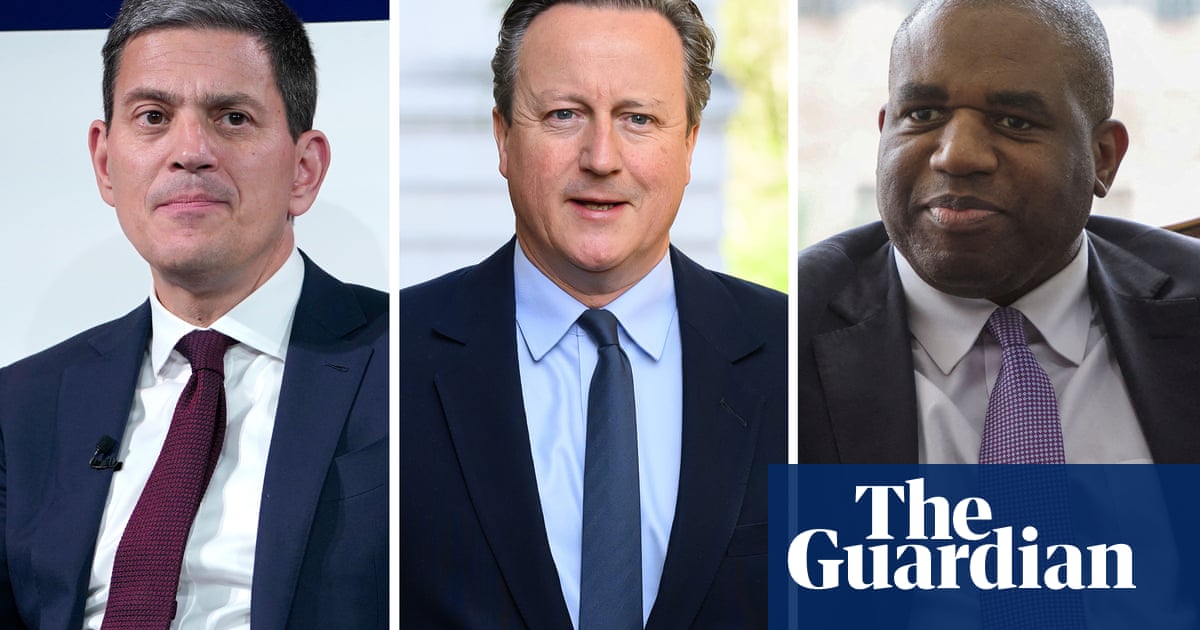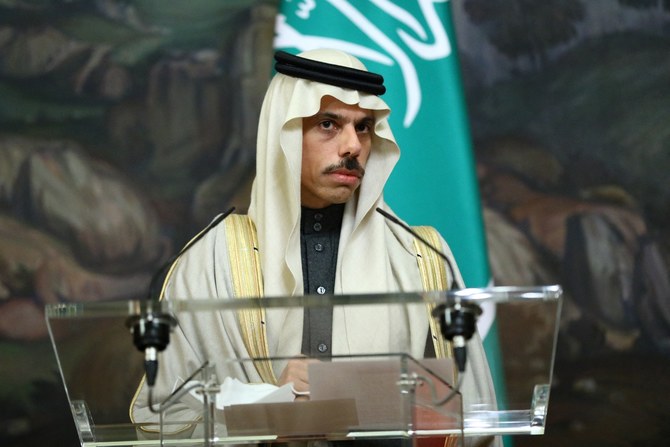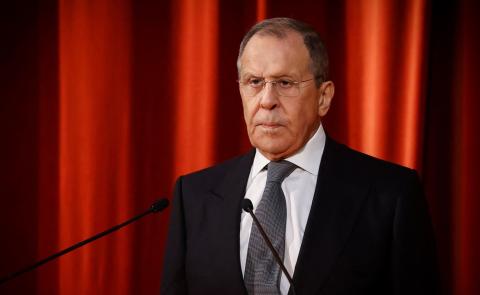
While Olaf Scholz has long been a government insider as Germany’s vice chancellor, his expected appointment next week as the nation’s ninth postwar leader could herald significant change.
As finance minister and No. 2 to Angela Merkel, Scholz’s policy domain has largely been limited to economic matters. He has supported efforts to bring in a global minimum tax of 15 percent on large companies and led efforts to cushion the pandemic’s financial impact, while also being criticized last year over the collapse of payment processing company Wirecard.
However, the top job now awaits him thanks to last week’s breakthrough deal, which will see his center-left Social Democrats lead Germany’s next government in a three-way coalition with the Greens and the pro-business, liberal Free Democratic Party. The influence of the liberals will be particularly felt in the finance and transport ministries, and this will help herald a changed landscape domestically after more than a decade of Merkel’s team in power.
But the impact of the new administration will be felt internationally too. After all, the German economy is the largest in the eurozone and the country is also the continent’s most populous. Moreover, the nation’s influence within the EU may grow significantly following the departure of the UK from the Brussels-based club, allowing it to project power on the global stage, including with its presidency of the G7 in 2022.
It will be Green co-leader Annalena Baerbock who, as the incoming foreign minister, will drive this change agenda along with Scholz. The last time the Greens were in power in Germany, from 1998 to 2005, they also held the Foreign Ministry, with the outspoken Joschka Fischer showing strong opposition to the Iraq War, which helped split the West on this major international issue.
Change under Baerbock will be felt not just across the EU — where she will probably promote a stronger federalist agenda than the Merkel team — but also in regard to the UK. She and Scholz have both expressed deep concern over the post-Brexit issue of the UK’s continued adherence to the Northern Ireland protocol.
But perhaps the key German foreign policy change on the horizon will be toward the likes of China and Russia. For example, Baerbock has advocated a much tougher line against Moscow, including in the context of the $11 billion Nord Stream 2 gas pipeline promoted by Merkel.
The pipeline will double the capacity of the existing undersea natural gas route from Russia to Europe. Merkel pushed hard for this to happen in order to enhance Germany’s energy security as it completes the post-Fukushima disaster shutdown of its nuclear power plants next year and phases out the use of heavily polluting coal by 2038. However, Baerbock has asserted that, while some see Nord Stream 2 as a purely economic project, she considered it “a treacherous plan.”
Rhetorically, Baerbock’s position on this issue is significantly closer to that of the US administration than Merkel’s. President Joe Biden’s team remains very concerned about Nord Stream 2, despite recent compromises with Berlin on the issue. US Secretary of State Antony Blinken said over the summer that “the pipeline is a bad idea, bad for Europe, bad for the United States, ultimately it is in contradiction to the EU’s own security goals… It has the potential to undermine the interests of Ukraine, Poland and a number of close partners and allies.”
There is also a potentially sharp divergence compared to the Merkel era over China, including over human rights. This is because Baerbock and the Greens favor a more “human rights-centric” approach to Beijing.
China has, over the last decade and a half, regarded Merkel as a stabilizing ally who has helped counteract the growing number of US and European politicians calling for a decoupling from Beijing. In recent months, for instance, she has pushed hard for the ratification of an EU investment deal with China, which was signed last December, and spoken out against the idea that democracies should unite to isolate Beijing diplomatically.
Merkel’s “change through trade” strategy toward China has few remaining supporters in Germany. Under President Xi Jinping, China’s economy remains under tight state control and its foreign policy has become more assertive.
These examples underline the crossroads that German foreign policy could now be approaching. As the new administration assumes power, Berlin’s changed priorities will be felt all over the world.











